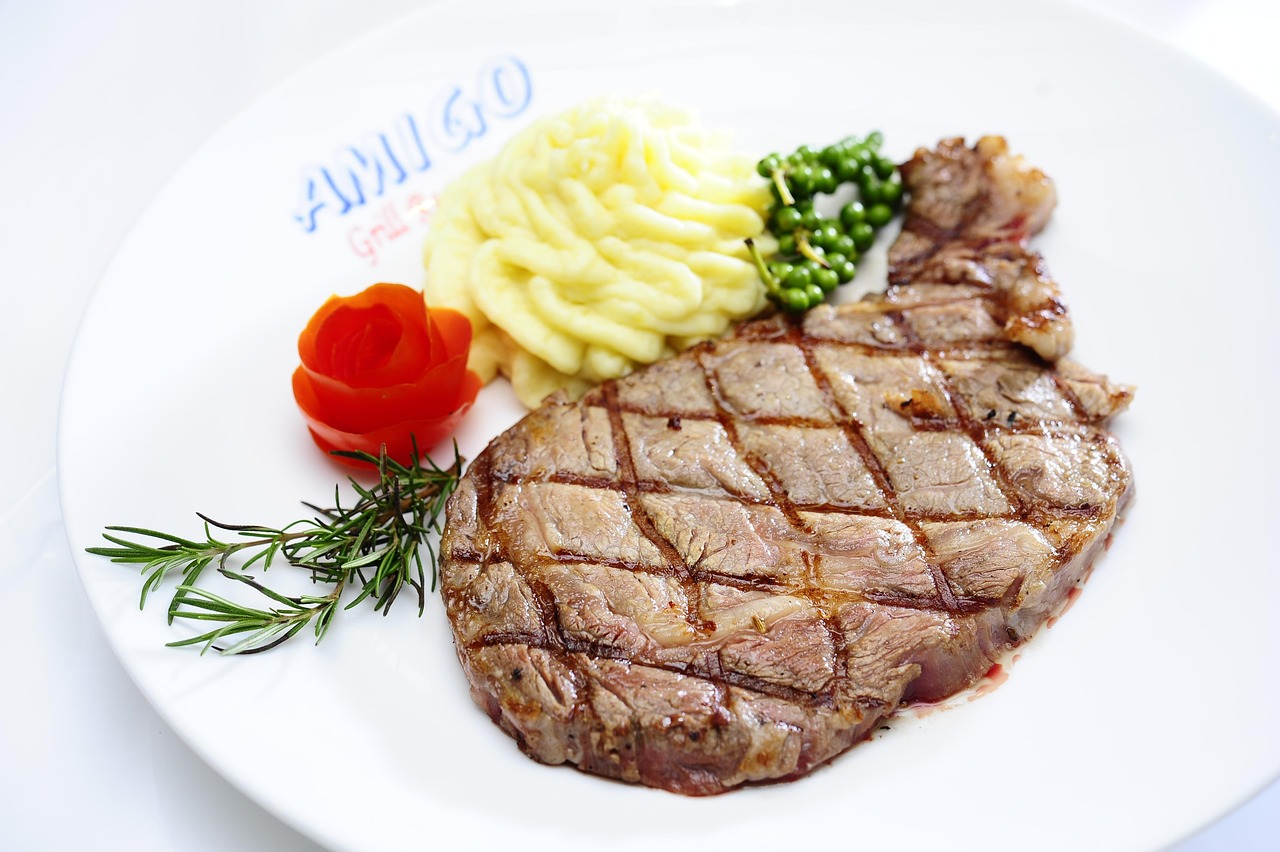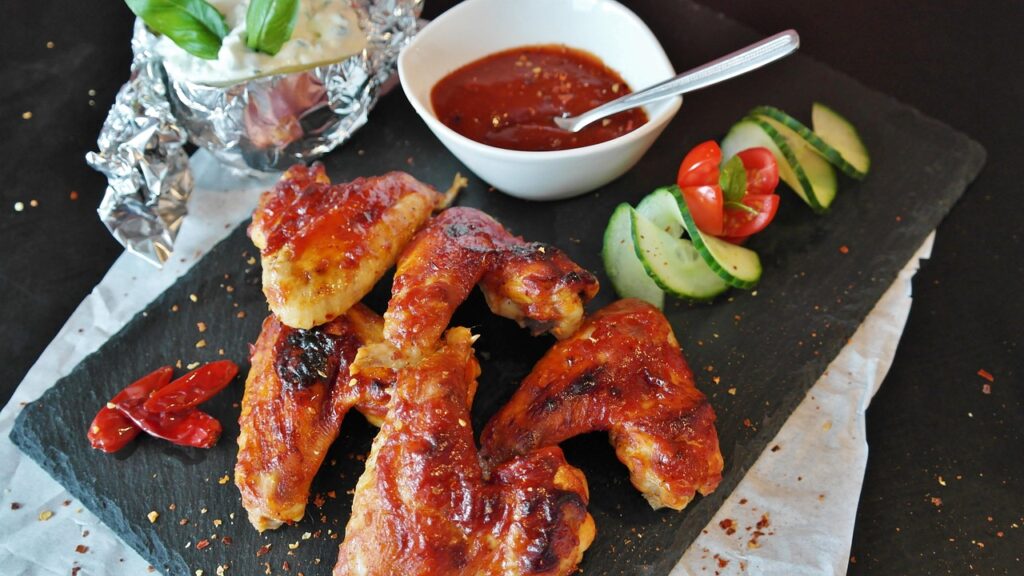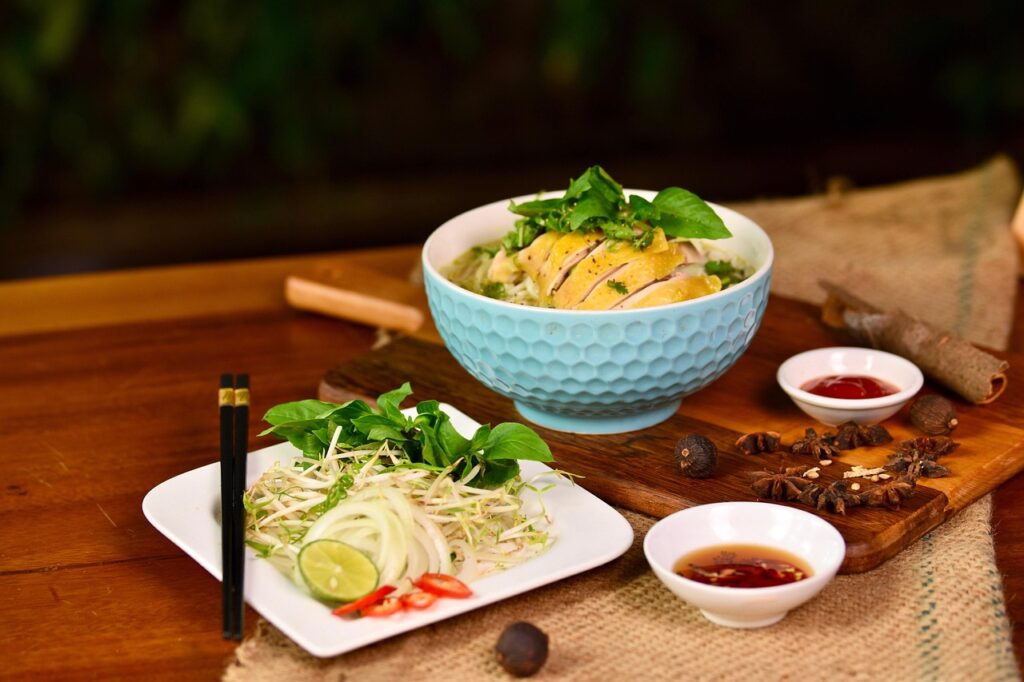- ACTIVITIES
208 Very Best Ice Breaker Questions


Chicken tenderloins, often referred to as chicken tenders, are a versatile and delicious component of many meals. Their tender texture and mild flavor make them a favorite among home cooks and meal prep enthusiasts. Whether you’re looking to create a quick weeknight dinner or prepare meals in advance, understanding the best practices for cooking, storing, freezing, and reheating chicken tenderloins can elevate your culinary experience. In this guide, we will explore everything from flavor profiles and essential equipment to practical recipes and common mistakes to avoid, ensuring your chicken tenderloins are always perfectly cooked and flavorful.

Chicken tenderloins have a naturally mild flavor, making them the perfect canvas for a variety of seasonings and marinades. They absorb flavors well, allowing for endless culinary creativity. Whether you prefer a simple salt and pepper seasoning or a more complex marinade, chicken tenderloins can adapt to any flavor profile, from spicy and tangy to sweet and savory.
To achieve the best results when cooking chicken tenderloins, it’s important to have the right equipment on hand. A good quality non-stick skillet is ideal for stovetop cooking, while a baking sheet and parchment paper are essential for oven-baking. An air fryer is an excellent choice for those looking to achieve a crispy texture without excess oil. Additionally, a meat thermometer is crucial to ensure the tenderloins are cooked to a safe internal temperature of 165°F.
Proper storage is key to maintaining the freshness and quality of chicken tenderloins. If you plan to use them within a couple of days, store them in the refrigerator in a sealed container or a zip-top bag. For longer storage, freezing is recommended. Ensure the tenderloins are well-wrapped to prevent freezer burn. Label the package with the date to keep track of their freshness.
When freezing chicken tenderloins, it’s important to do so in a way that preserves their quality. First, pat the tenderloins dry with paper towels to remove excess moisture. Then, wrap them individually in plastic wrap or aluminum foil before placing them in a freezer-safe bag or container. This method prevents them from sticking together and allows you to thaw only what you need. Chicken tenderloins can be stored in the freezer for up to six months.
Reheating chicken tenderloins without drying them out can be challenging. For best results, reheat them in the oven or air fryer at a low temperature, around 300°F, until they reach an internal temperature of 165°F. Covering them with foil can help retain moisture. Avoid using the microwave, as it can make the tenderloins rubbery and unevenly heated.
Notes: For a variation, try adding lemon zest to the seasoning mix for a citrusy twist.
Notes: For extra flavor, add Italian seasoning to the breadcrumb mixture.
Notes: Substitute butter with olive oil for a lighter version.
Marinades and coatings can transform chicken tenderloins from simple to spectacular. For a spicy kick, try a marinade of hot sauce, lime juice, and cumin. A honey mustard coating offers a sweet and tangy flavor profile. For a crunchy texture, coat tenderloins in crushed cornflakes or panko breadcrumbs before cooking. These variations not only enhance flavor but also add texture and interest to your dishes.
One common mistake when cooking chicken tenderloins is overcooking, which leads to dryness. To avoid this, use a meat thermometer to check for doneness. Another mistake is not allowing the meat to rest after cooking, which can cause juices to run out when cutting. Letting the tenderloins rest for a few minutes after cooking helps retain their moisture. Lastly, overcrowding the pan can result in uneven cooking, so ensure there’s enough space for each piece to cook evenly.

Chicken tenderloins are incredibly versatile and can be served in numerous ways. Pair them with a fresh salad for a light meal, or serve them alongside roasted vegetables for a hearty dinner. They also make excellent additions to wraps, sandwiches, and tacos. For a dipping sauce, consider honey mustard, barbecue sauce, or a creamy garlic aioli to complement the tenderloins’ flavor.
Chicken tenderloins are a lean source of protein, making them a healthy choice for any meal. A typical serving size is about 3-4 ounces, providing approximately 20-25 grams of protein. They are low in fat and calories, making them suitable for a balanced diet. When preparing meals, consider portion sizes and accompanying sides to ensure a well-rounded nutritional intake.
Recipe creators often emphasize the importance of seasoning and not overcooking chicken tenderloins. Many suggest experimenting with different herbs and spices to find your preferred flavor combination. Additionally, allowing the tenderloins to marinate for at least 30 minutes can significantly enhance their taste. By following these insights and tips, you can ensure your chicken tenderloins are always delicious and satisfying.